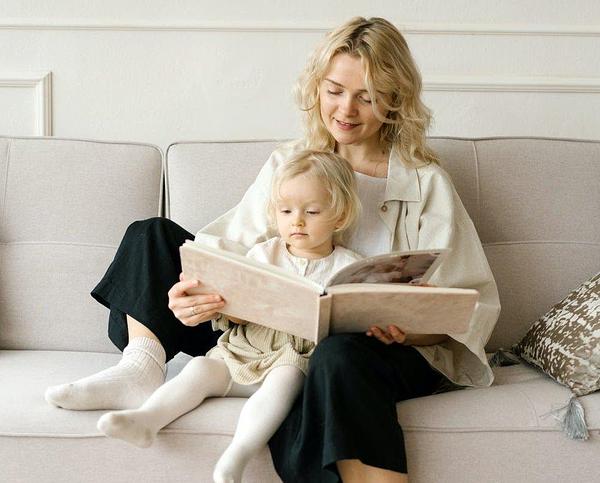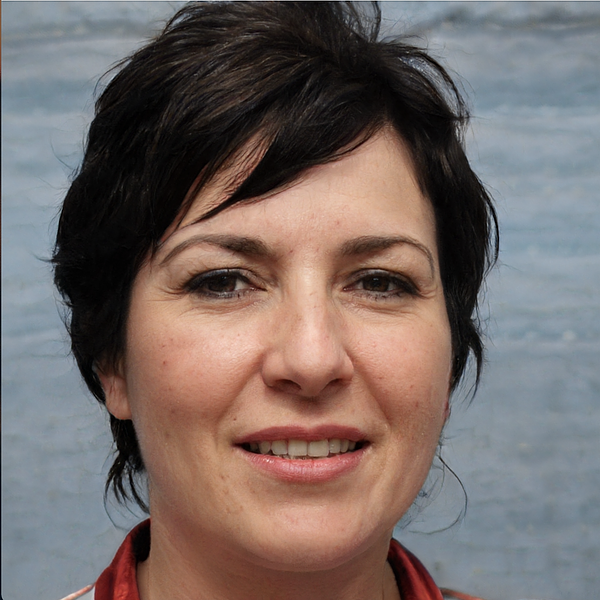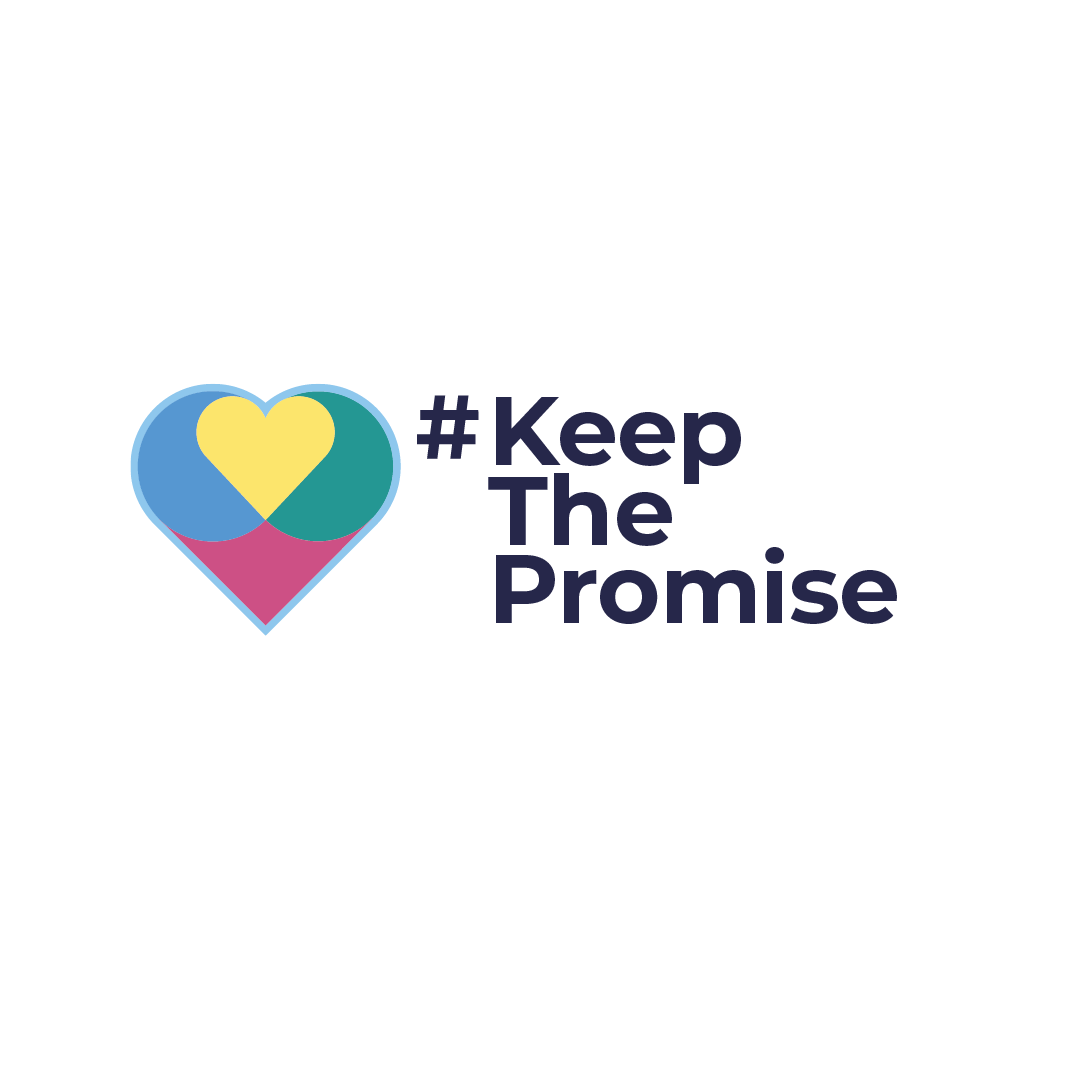Four Reasons to Read with Your Kids
The importance of literacy for developing minds

Image Credit: Pexels
Literacy is a skill that every person needs to have. Early reading in particular has numerous benefits for children, which is why it's encouraged all over the world. Research has shown that reading with your kids at an early age can help them learn to talk earlier, build a stronger bond with you, and enhance their communication skills.
The National Center on Education and the Economy notes that in the Japanese elementary school system, children are exposed to a wide variety of reading materials, such as children’s books and magazines. Some children even start reading books by the first grade, which is particularly notable.
The more children are exposed to reading, the more quickly they will develop their early literacy skill. If you need a little more convincing, here are four reasons why you should read with your kids:
1. Strengthens Parent-Child Relationship
A previous post on ‘How Parents Can Support Their Children's Mental Health’ talks about ways parents can offer their children support, including keeping a close bond. Nurturing this bond with your child is the foundation for better academic performance, decision making, and conflict resolution.
When you read to your children, you're spending quality time with them. This makes them feel important and loved, thus increasing their self-esteem and self-confidence. As you and your child read together, the bond between you grows stronger, and becomes the foundation for your child's emotional and mental wellbeing.
2. Promotes Important Life Skills
When your children listen to books being read out loud, they are able to develop active listening skills as well as literacy comprehension. Education researcher Amy M. Elleman wrote a detailed article on reading comprehension and early childhood development. Listening to a parent read exposes children to new vocabulary, sentence structures, and helps them understand ways of communicating that they can use later on to effectively express themselves.
During the reading session, you can ask your child questions about the story, who their favourite characters are, and what they think will happen next. By doing this, you are testing their ability to listen, repeat, and analyse the story, thus stimulating their critical thinking skills.
3. Helps Prepare for Academic Success
Developing literacy skills when your kids are young is an effective way to ensure they will be prepared to achieve academic success. In Uganda, Bridge International Schools notes that making use of complementing books, both fiction and non-fiction, can help children develop several skills that they can use later in life. These skills include phonics, reading comprehension, interpretation, analysis, and critical thinking.
Reading regularly with your children can help make textbooks and other challenging materials seem less intimidating or boring for young kids. This can also help improve a child's academic performance.
4. Supports Emotional Growth
Reading with your child and staying close to them creates an environment of safety and assurance for your child. Research from Child Trends talks about positive external factors for children. For example, children who have at least one good relationship with an adult develop resiliency and confidence as they grow up. By getting the emotional support they need at home, children will be armed with a high level of confidence to take on tasks that require high levels of literacy, such as reading aloud, acting, or public speaking.
It's clear that reading with your children is a fun activity that can also help to promote proper mental and emotional growth for your children. It improves literacy, promotes life skills, helps prepare them for academic success, and supports their emotional growth. Most of all, it strengthens the parent-child bond, which is more than enough reason to pick up those books.
About the author

Jayla Benjin has been a primary school teacher for 10 years. She also has experience tutoring children in reading, writing and literacy. She lives in Edinburgh, is married and has two children.





